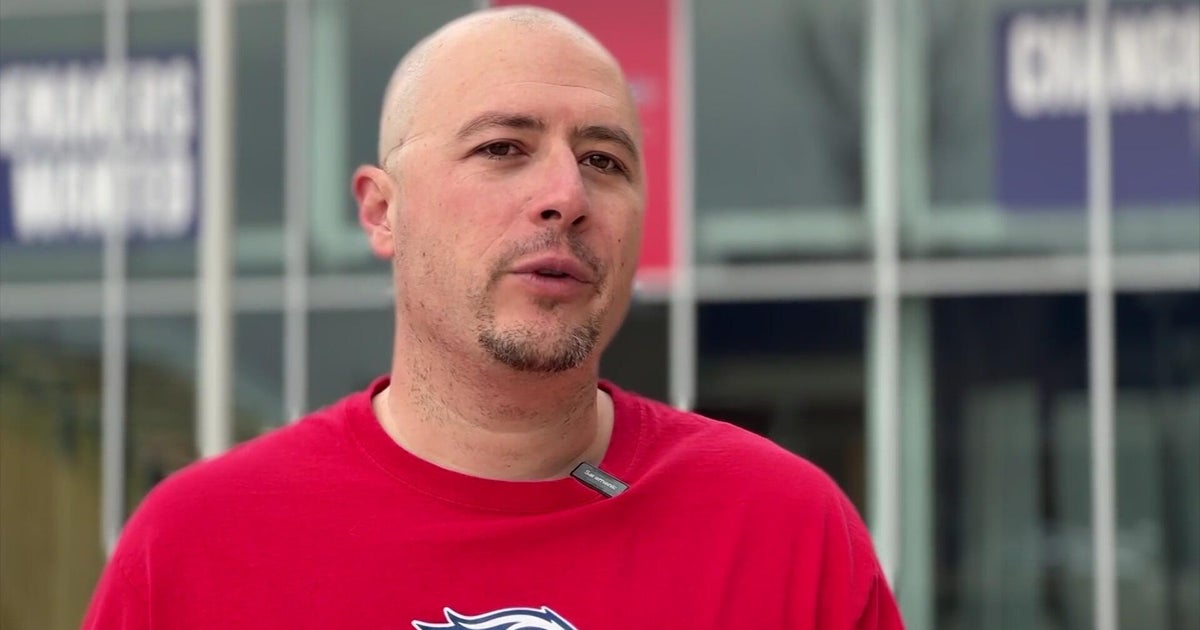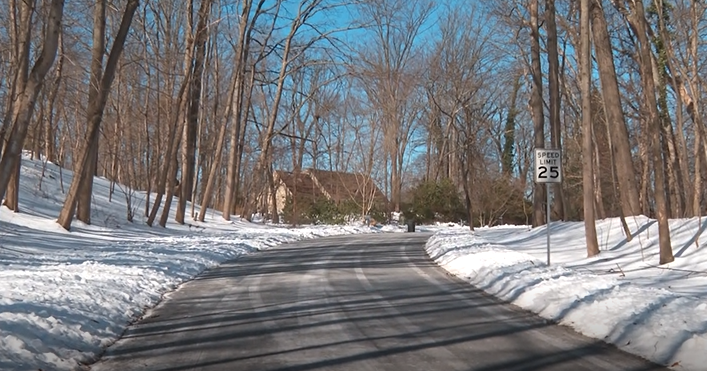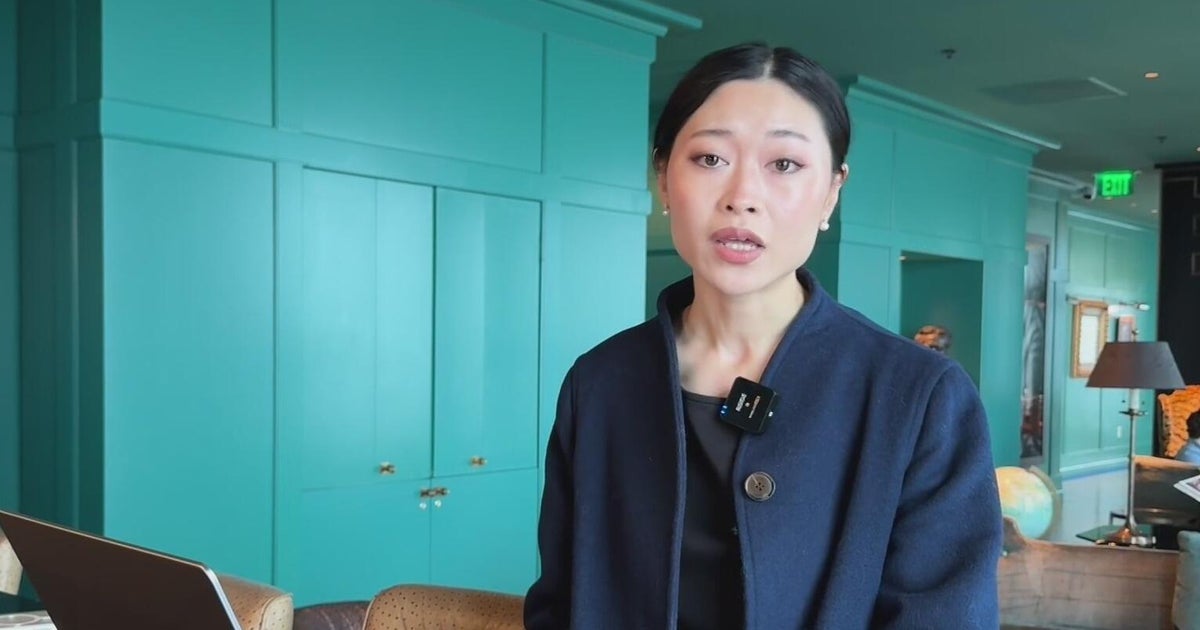State Bill Would Change Newborn Screening Policy
DENTON (CBSDFW.COM) - Allyson Craven acts like a typical 2-year-old girl. On Wednesday, she spent the afternoon running around the family's Denton home with her two big brothers. But what you cannot see about Allyson is a genetic disorder which prevents her from digesting some foods.
"She is good to go when using the sugars," said her father, Jake Craven, "but she cannot process the fats."
A mandatory newborn screening detected Allyson's potentially deadly disorder. Nurses pricked her heel and blood was taken for testing. That blood was then saved by the state for research that could help other children.
The same kind of research is what helped doctors detect the disorder in Allyson. "Allyson was saved because of that research," Jake explained. "Her life was spared."
But if a new law passes, much of this research could stop. The Cravens were in Austin on Tuesday to tell lawmakers why the research is so important. "I couldn't imagine burying a 2-year-old because research had to be stopped," said Kathleen Craven, Allyson's mom. "I absolutely think research needs to continue."
The bill in question was written by State Representative Jodi Laubenberg from Rockwall, who said that it was a response to lawsuits filed by angry parents who found out that their baby's blood was being kept by the state.
"If this bill does not pass, it will impact the ongoing research for disease cures," explained Laubenberg in Austin. "The state will continue to be sued by parents and privacy groups, and it could jeopardize a really good program."
Laubenberg wanted to make it clear that, under the bill, mandatory newborn screenings will still be conducted and blood samples will still be taken in Texas. The law only impacts the period of time that the state can keep those samples.
Right now, the state can essentially keep blood samples forever. But with the new bill, the samples would be destroyed after two years if there is no parental permission.
The Cravens fear that such a bill could destroy the chances of researchers finding a cure for Allyson. "Because of the research, she could be curable and wouldn't have to live with this disorder anymore," said Jake. "We can't just destroy them. We need to keep them and use them to save more lives."
The bill has already passed the State House and is now in the State Senate.







